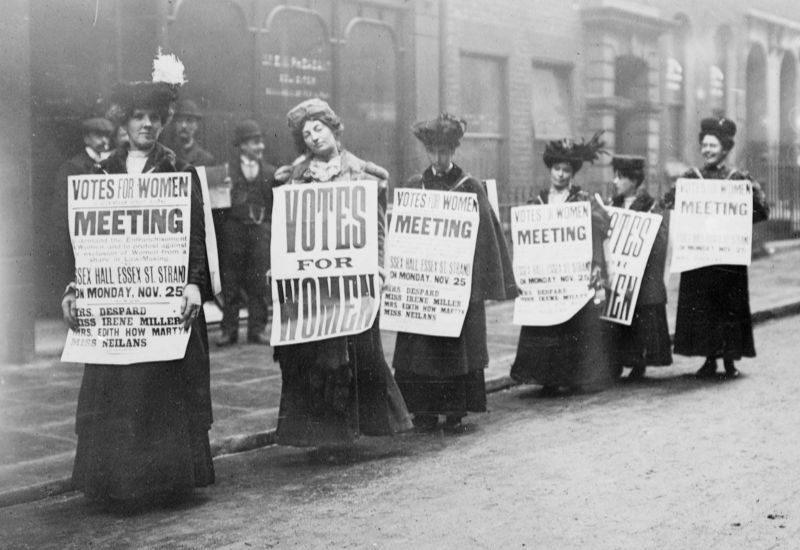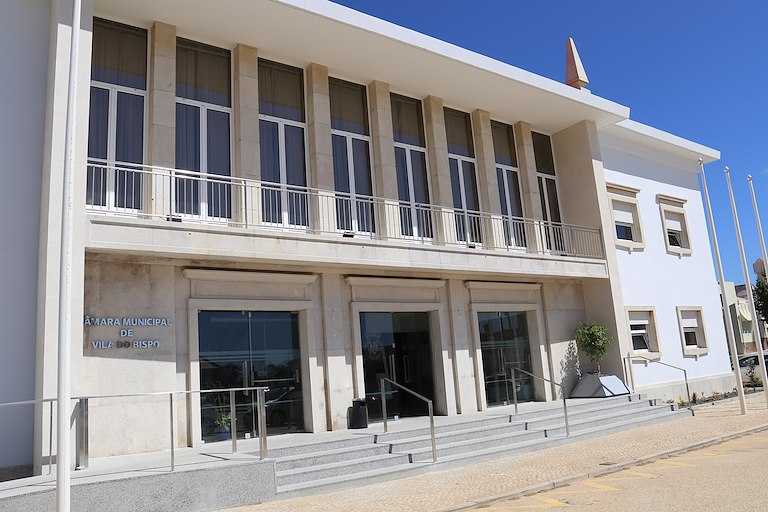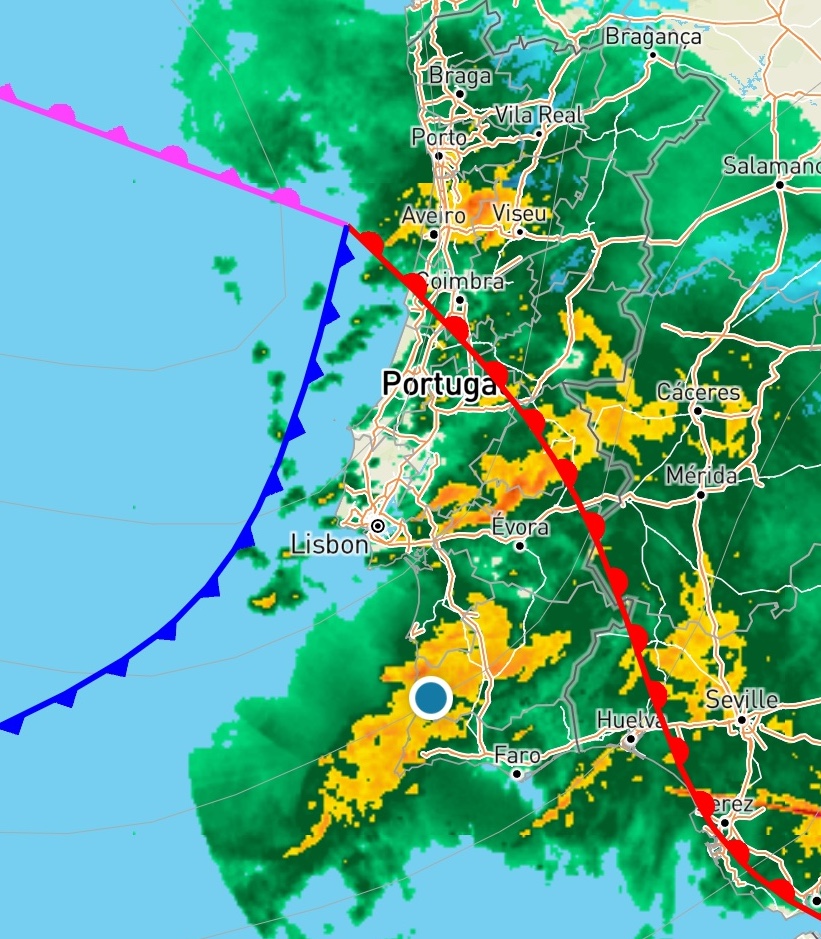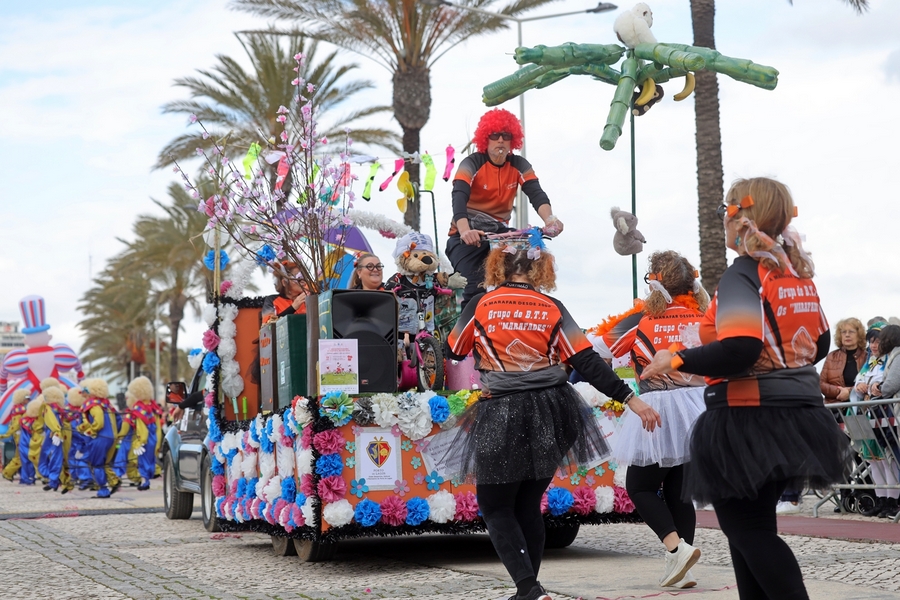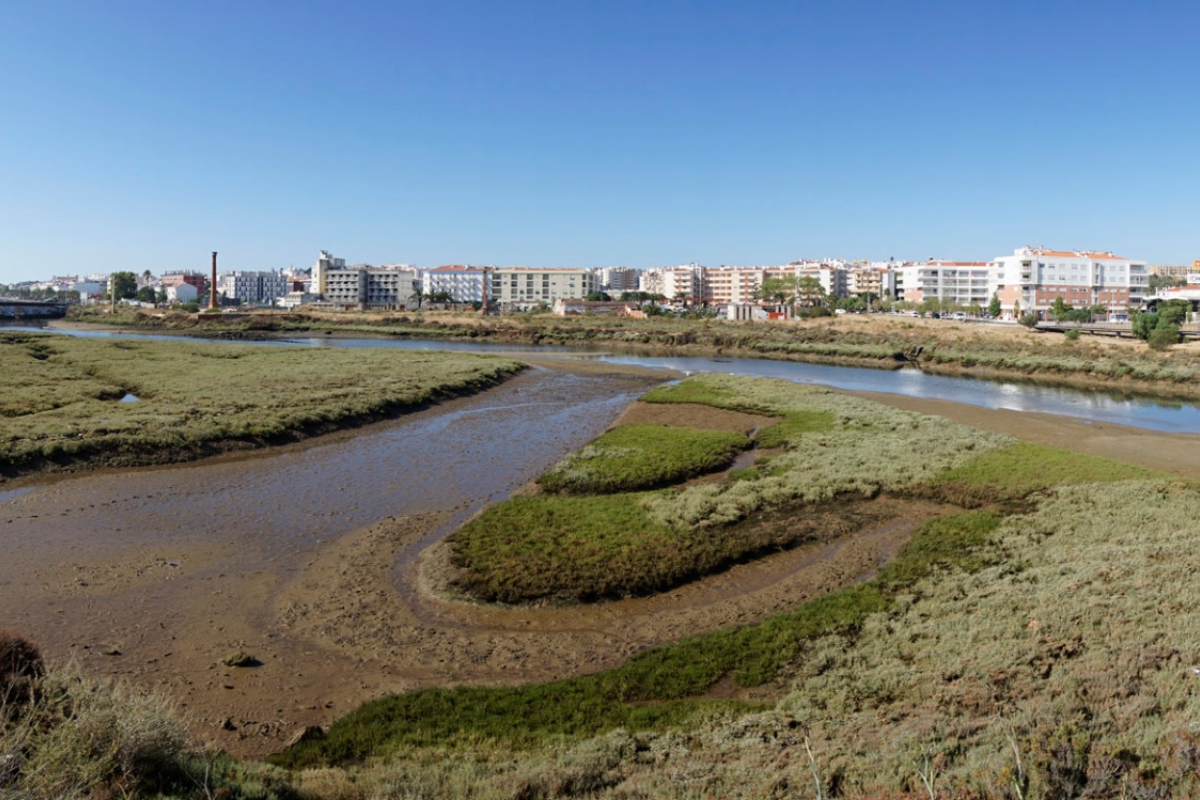My maternal great-grandmother, Emily Hippisley was a suffragette in England at the turn of the 19th century. It is due to her and her feisty fellow agitators that women finally got the vote in 1928, less than 100 years ago. In my family, voting has been a duty of homage to great grandma.
Having helped to establish the new democracy, Emily, unjustly known as ‘the hippo’ in family circles, was adamant that you had no right to complain about the government if you had not made a visit to the ballot box to earn your voice in the community. This means I have an inbuilt genetic compulsion to vote. Having lived in the Algarve for 27 years, I fully intend to use my voting card in the upcoming local elections because I know that Grannie will be watching.
I am amazed that many residents believe elections are a Portuguese preserve and that our votes will not make any difference. This is very short-sighted in respect of the national political and demographic changes occurring at the moment. The Algarve region is now home to about 100,000 ‘foreign’ residents who represent over 22% of the c. 500,000 regional population. In fact, I was astonished to discover that my own city of Lagos has a ‘foreign’ residency of over 41% – a statistic that should excite every vote-hungry politician. The level of foreign investment, especially in the booming real estate market, is many percentages higher than the simple head count, and incomers should take a direct interest in who is administering their substantial tax contribution and seek to have their voice heard by their local politicians. But many do not know how or where to vote, the civic structure or who they are voting for. So here is the road map – and like most things, it’s easy when you know how.
How voting works
Municipal elections take place countrywide on Sunday, 12 October, between 8 am and 7 pm. Your voting card is stamped with the name of your local freguesia or parish where you have to vote. You can find the location by going to your Câmara Municipal website. Take the card along with another form of identification, such as a passport or residency card. Your cross must fit inside the box, or your vote will be discarded. Flamboyance is not allowed. You are done. Wave to Grannie.
You will be voting for the Friguesia, Assembly and Mayor. This system explains why you receive three voting papers when you arrive at the polling station. In Lagos, there are 21 elected representatives, joined by the presidents of the five freguesias, to form an assembly of 26.
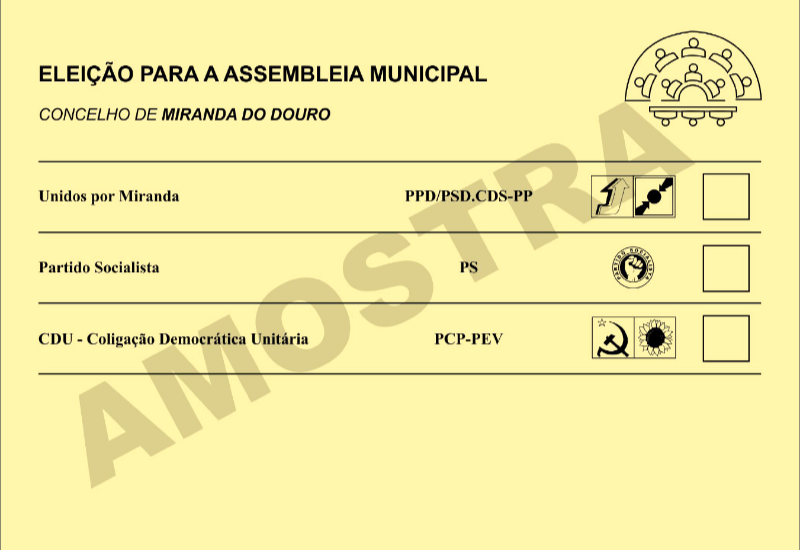
Assembly: On the yellow paper, you are choosing a party for the assembly of representatives of the freguesias who meet five times a year for a two-day forum. They debate local issues, vote and give their demands or recommendations to the mayoral council, which has the executive power and responsibility to act.
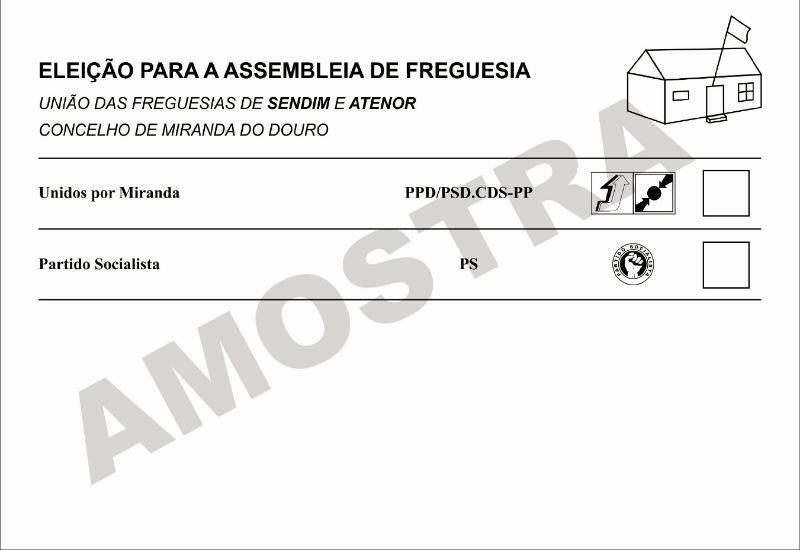
Freguesia: Each of the five Lagos freguesias has an elected president. On the white paper, you are registering your choice for the president of the individual freguesias.
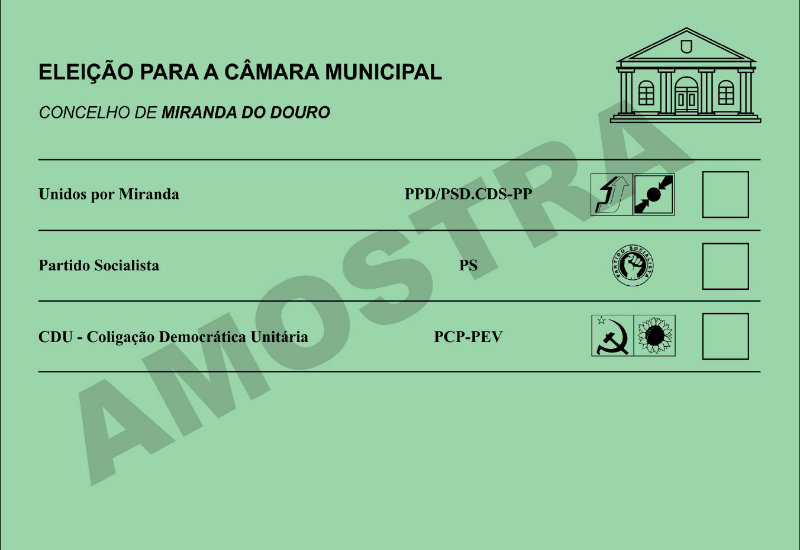
Mayor: On the green paper, you are voting for the city mayor and the members of the executive council, the vereadors. Every municipality has a mayor and a council, varying in size depending on the demographics. Lagos has seven elected officials in the executive chamber, one of whom is the mayor. They meet twice a month. In the mayoral election in Lagos, there are seven vereador seats. If one party wins all the votes, the top man on the party list becomes mayor and the next six will become vereadors.
Deciding how to vote
You will see that the voting papers list the parties, not any individual. As the concelhos diminish in size and distance from Lisbon, a candidate and his team possessing experience, local knowledge and long-term local residency may offer more considerate policies less aligned with national party dogma. For this reason, you should really try to find out about the candidates and their local interests rather than simply following a party symbol. To discover the people and their policies, simply Google search the party name followed by the city. For example, Chega Lagos, Lagos com Futuro, PSD Lagos, etc.
Portugal uses the Hondt method of proportional representation to arrive at a result. This system, used by Austria, Denmark and other democracies, is a mathematical formula to give voters for smaller parties a better chance of representation. This is why voting is so important, because only one vote can change the maths and get your candidate a seat.
Looking at the Lagos model, where there are seven vereador seats, the winners may be divided with two right, two centre, two left and an independent. In this case, the party with the most votes will have mayoral choice but will have to hustle for allies to create a coalition to achieve a working majority for the four-year term.
When coalitions work, there is often a more honest balance of views and actions within the executive and a better voice for the people, especially in smaller cities, because the steamroller of an absolute majority can be quite undemocratic, which would likely annoy ‘the hippo’.
Main image: Suffragettes holding signs in London, c. 1912.courtesy of Encyclopædia Britannica
